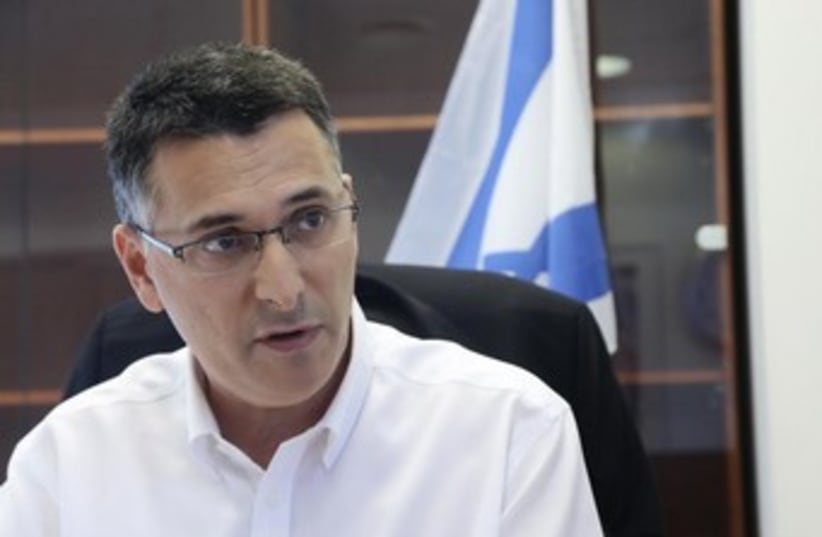Interior minister vows government will stand firm on migrant policy
Gideon Sa'ar discusses this week’s mass demonstrations by African migrants in Tel Aviv, Jerusalem; accuses outside bodies of initiating protests to pressure state to change "infiltrator law".
